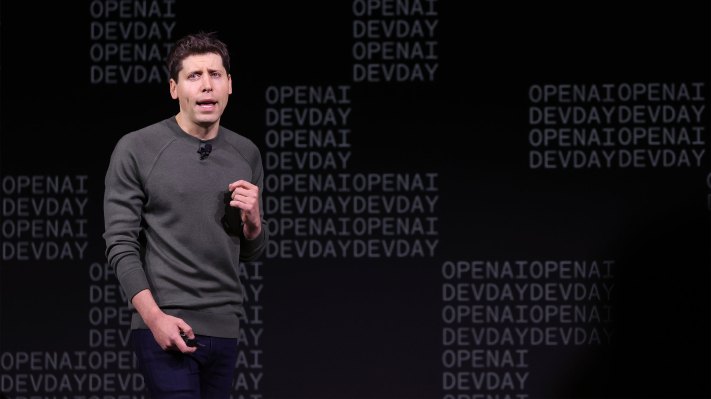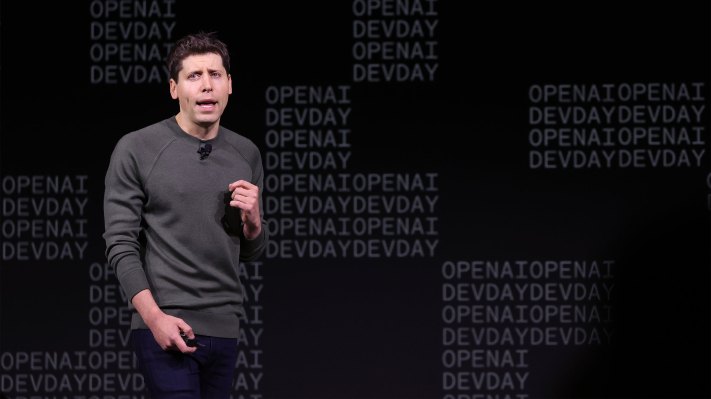
OpenAI says that it’s developing a tool to let creators better control how their content is used in generative AI.
Called Media Manager, the tool — once it’s released — will allow creators and content owners to identify their works to OpenAI and specify how they want those works to be included or excluded from AI research and training. The goal is to have the tool in place by 2025, OpenAI says, as the company works with creators, content owners and regulators toward a common standard.
“This will require cutting-edge machine learning research to build a first-ever tool of its kind to help us identify copyrighted text, images, audio and video across multiple sources and reflect creator preferences,” OpenAI writes in a blog post. “Over time, we plan to introduce additional choices and features.”
It’d seem Media Manager, whatever form it ultimately takes, is OpenAI’s response to growing criticism of its approach to developing AI, which relies heavily on scraping public data available from the web. Most recently, eight prominent U.S. newspapers including the Chicago Tribune and Orlando Sentinel sued OpenAI for IP infringement relating to the companies’ use of generative AI.
Generative AI models including OpenAI’s — the sorts of models that can analyze and generate text, images, videos and more — are trained on an enormous number of examples usually sourced from public sites and data sets. OpenAI and other generative AI vendors argue that fair use, the legal doctrine that allows for the use of copyrighted works to make a secondary creation as long as it’s transformative, shields their practice of scraping public data and using it for training without compensating or even crediting artists — but not everyone agrees.
OpenAI, in fact, recently argued that it would be impossible to create useful AI models absent copyrighted material.
But — to placate critics — OpenAI has allowed artists “opt out” of and remove their work from the data sets that the company uses to train its image-generating models. It’s also let website owners indicate via the robots.txt standard, which gives instructions about websites to web-crawling bots, whether content on their site can be scraped to AI model training.
These tools haven’t gone far enough, some content creators say. Artists have described the opt-out tool for images, which requires submitting an individual copy of each image to be removed along with a description, as onerous. And — as OpenAI itself acknowledges in the blog post today — OpenAI’s solutions don’t address scenarios in which creators’ works are quoted, remixed or reposted on platforms they don’t control.

